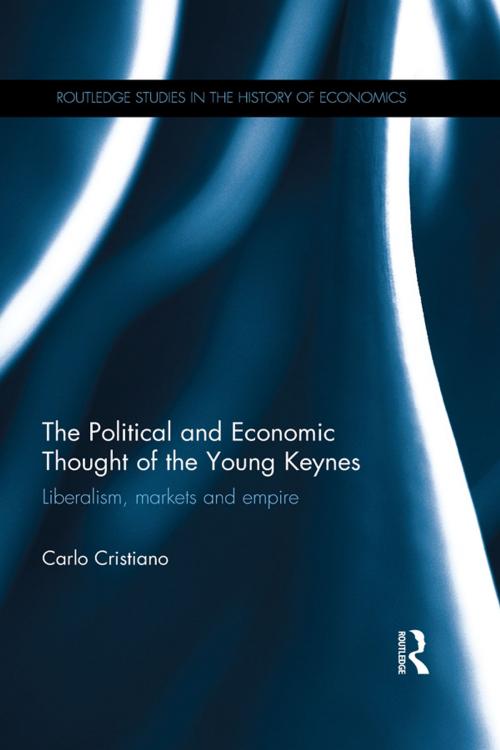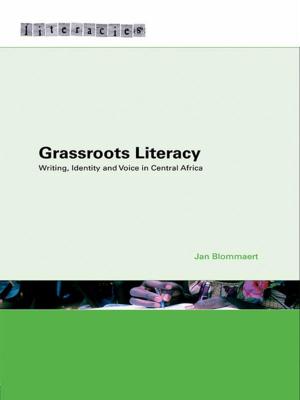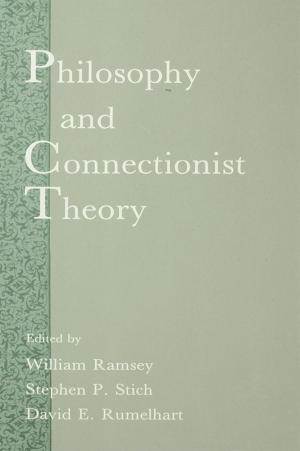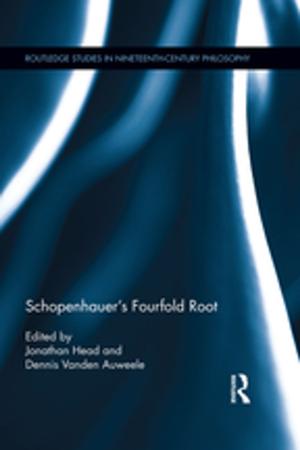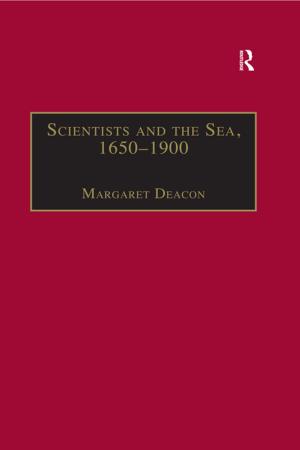The Political and Economic Thought of the Young Keynes
Liberalism, Markets and Empire
Business & Finance, Finance & Investing, Banks & Banking, Economics, Economic History| Author: | Carlo Cristiano | ISBN: | 9781317703563 |
| Publisher: | Taylor and Francis | Publication: | June 13, 2014 |
| Imprint: | Routledge | Language: | English |
| Author: | Carlo Cristiano |
| ISBN: | 9781317703563 |
| Publisher: | Taylor and Francis |
| Publication: | June 13, 2014 |
| Imprint: | Routledge |
| Language: | English |
A century ago, John Maynard Keynes entered the Treasury to serve his country during the First World War, but as is well known, appalled by the terms of the end-of-war Treaty of Versailles, he abandoned the British delegation, outlining the predictable adverse results in the Economic Consequences of the Peace, published in 1919. Far less well known is his personal and political development that led him to be called to service even before Great Britain entered the conflict.
Starting from Keynes’s early political activity, Carlo Cristiano charts the stages through which Alfred Marshall’s young pupil rapidly rose to be one of his country’s major experts on monetary issues. The very young Liberal Imperialist was soon to become a staunch supporter of the liberal government, strongly committed to Lloyd George’s 1909 ‘people’s budget’. Moreover, the good relations he had established during his two years at the India Office of London and his growing expertise in money and finance, made him one of the few who genuinely grasped the functioning of the pre-war gold standard, and an ally of the Treasury and the Bank of England in the struggle within the City for control and management of London’s gold reserves.
Abandoning the stereotyped image of Keynes in his early years, so often described as a young connoisseur interested in philosophy and with little inclination for politics, this book sees his perfect fusion of political vision and economic competence in the era of ‘New Liberalism’ as the true wellspring of Keynesianism.
A century ago, John Maynard Keynes entered the Treasury to serve his country during the First World War, but as is well known, appalled by the terms of the end-of-war Treaty of Versailles, he abandoned the British delegation, outlining the predictable adverse results in the Economic Consequences of the Peace, published in 1919. Far less well known is his personal and political development that led him to be called to service even before Great Britain entered the conflict.
Starting from Keynes’s early political activity, Carlo Cristiano charts the stages through which Alfred Marshall’s young pupil rapidly rose to be one of his country’s major experts on monetary issues. The very young Liberal Imperialist was soon to become a staunch supporter of the liberal government, strongly committed to Lloyd George’s 1909 ‘people’s budget’. Moreover, the good relations he had established during his two years at the India Office of London and his growing expertise in money and finance, made him one of the few who genuinely grasped the functioning of the pre-war gold standard, and an ally of the Treasury and the Bank of England in the struggle within the City for control and management of London’s gold reserves.
Abandoning the stereotyped image of Keynes in his early years, so often described as a young connoisseur interested in philosophy and with little inclination for politics, this book sees his perfect fusion of political vision and economic competence in the era of ‘New Liberalism’ as the true wellspring of Keynesianism.
